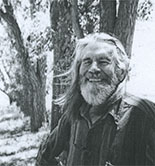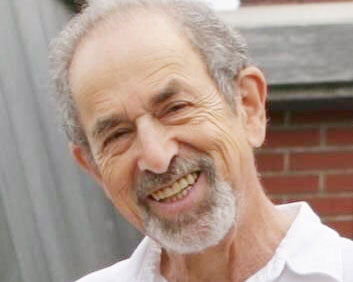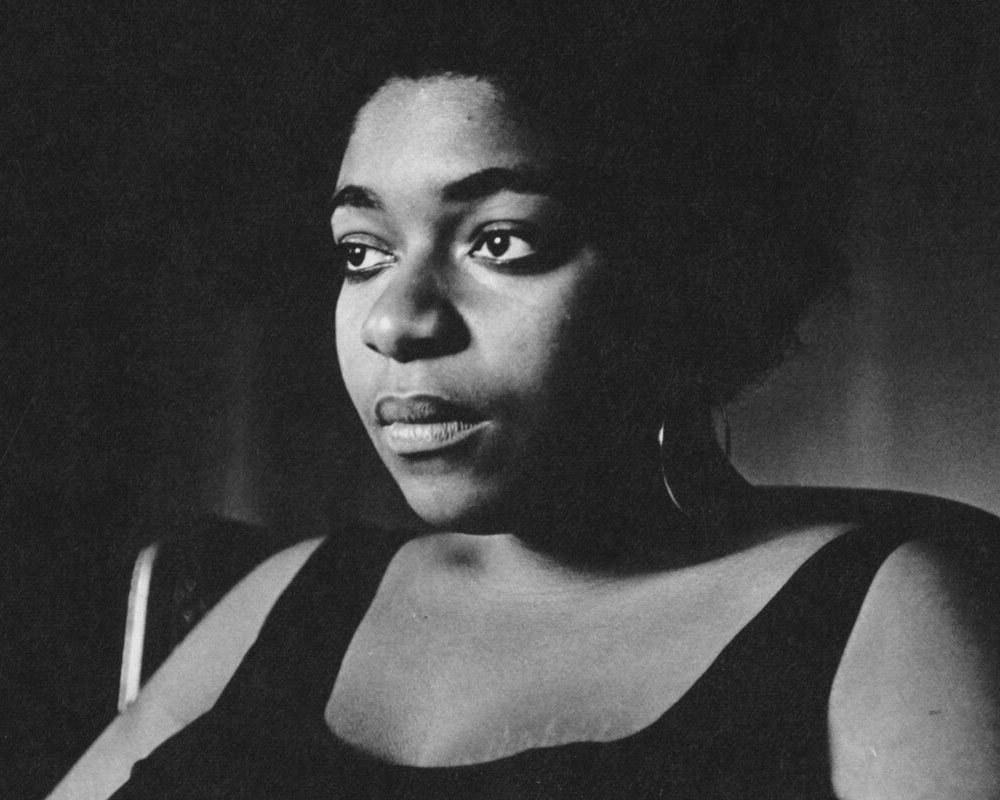Martin Louis Murie ’50

Martin Louis Murie ’50, January 28, 2012, in Xenia, Ohio, after a brief illness. Martin was born in Alaska, the son of environmental conservationists Mardy Thomas Murie ’23 and Olaus Murie, and grew up in Jackson Hole, Wyoming, with his sister, Joanne Murie Miller ’49, and brother Donald. Adept at skiing and wilderness survival, Martin joined the 10th Mountain Division, fighting in Italy during World War II. He was badly wounded in combat and lost an eye. He received the Purple Heart and the Silver Star Medal. After being hospitalized for a time, he made his way back to Wyoming, and then worked in the mountains before enrolling at Reed. He earned a BA in philosophy and literature. “Reed showed us that reading, reasoning, and argument were all okay.” At the college, he met Alison E. Gass ’53, and the two married in 1952. Next, at the University of California, Berkeley, Martin received a PhD in zoology and initially turned down a teaching position there as a protest to the state’s loyalty oath requirement. He later taught at Berkeley and at Santa Barbara, and then joined the faculty in biology at Antioch College in Yellow Springs, Ohio, in 1961. More than a decade later, Martin and other college employees and students protested Antioch’s decision to end financial support for working class and black students in the New Directions program. Their strike closed the campus, and Martin, among others, was fired. A reinstatement of his position kept him at Antioch for two additional years, but his desire to write inspired an early retirement. An equal motivation, he said, was to live “with minimal impact on the land.” Martin and Alison purchased property at the northern edge of New York’s Adirondacks, where they built a cabin and stewarded the land. “This was the penultimate chapter of his life,” wrote Gilles d’Aymery, publisher of Swans.com, where Martin published some of his work. “His writing was about friendship, nature, and transience—the simplicity of life and the love we all want to give and receive.” Describing himself as a “varmentalist,” Martin advocated for nature and wilderness and opposed corporate domination. In addition to an extensive list of published essays, reviews, and “rants,” as he called them, Martin self-published seven books, including Losing Solitude, Windswept, and Red Tree Mouse Chronicles. He also illustrated his work. “He wrote rants as openers, urging others to bring forth opposing views and join in the shared work of discussing ideas, always a great pleasure for him,” noted the Yellow Springs News obituary for Martin. “His appreciation of the detail, his strength for holding the big picture, gave him the perspective of poet and philosopher . . . He was always pleased to meet you, also pleased to notice and note every kind of moth, spider, mammal, meadowlark, bush, cactus, or big tree in a valley.” The psychological pain he incurred in the war never abated and led to his work with Veterans for Peace and to participation in weekly antiwar protests. “War is not the answer,” he said. “We just can’t go on with it.” Martin traveled back to the West many times while living in New York, and he and Alison moved to Xenia when their wilderness home demanded more of them than they could give. At the time of his death, Martin’s survivors included Alison, their three daughters and five grandchildren, and his sister and brother.
Appeared in Reed magazine: December 2013





![Photo of Prof. Marvin Levich [philosophy 1953–94]](https://www.reed.edu/reed-magazine/in-memoriam/assets/images/2022/LTL-levich1.jpg)
![Photo of President Paul E. Bragdon [1971–88]](https://www.reed.edu/reed-magazine/in-memoriam/assets/images/2020/Bragdon.jpg)
![Photo of Prof. Edward Barton Segel [history 1973–2011]](https://www.reed.edu/reed-magazine/in-memoriam/assets/images/2020/Segel.jpg)








































































